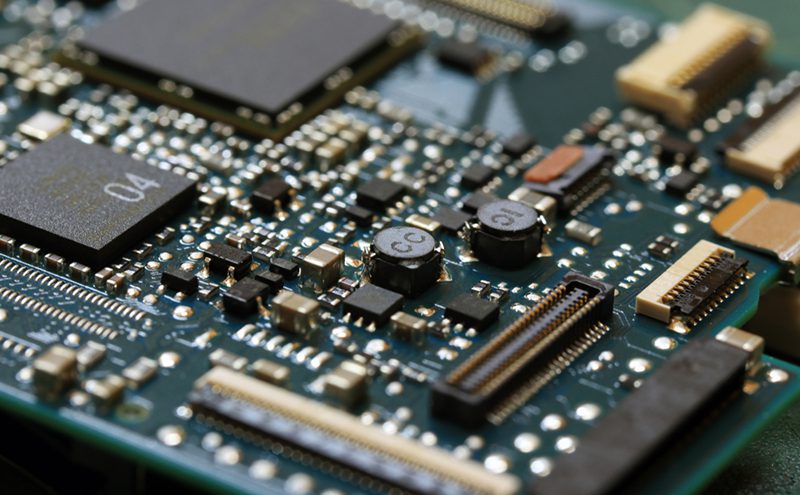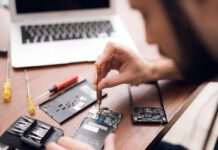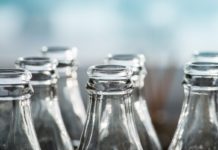
Free conference for businesses, funding bodies and research organisations with an interest in the recovery of critical raw materials
Booking is now open for a free conference – ‘A Second LIFE for Critical Raw Materials’ – in London on 20 February 2019. It is the final event of the three-and-a-half-year Critical Raw Material Closed Loop Recovery project.
Every year, 9.9 million tonnes of waste electrical and electronic equipment (WEEE) is generated in the European Union (EU), and it is estimated that just 1% of critical raw materials (CRMs) are recovered. The CRM Recovery project is dedicated to increasing the recovery of target CRMs (such as platinum and gold) by 5% by 2020, and the conference will provide the ideal forum in which to discuss the way forward.
Delegates will learn about the CRM Recovery project’s collaborative collection and recovery trials across the UK, Germany, Italy and the Czech Republic. Furthermore, there will be presentations and discussions regarding the project’s policy and infrastructure recommendations, plus EU policy perspectives from the European Commission.
An interactive, innovative and informative event programme has been curated, based on three key themes:
1. How do we increase the collection and recovery of CRMs from WEEE?
2. How are organisations approaching these challenges across Europe?
3. How do we work together to establish an effective supply chain?
Businesses, funding bodies and research organisations with an interest in the recovery of valuable CRMs are invited to attend. To secure a free place at the event, you can register here. Tickets are limited and are available on a first come, first served basis.
Led by WRAP, the €2.1m CRM Recovery project is supported with funding received from the LIFE Programme of the European Union, Innovate UK, the Welsh Government and the Department for Environment, Food and Rural Affairs (Defra). Project partners include the European Recycling Platform (ERP), the European Advanced Recycling Network (EARN), the Wuppertal Institute and the Knowledge Transfer Network (KTN).








